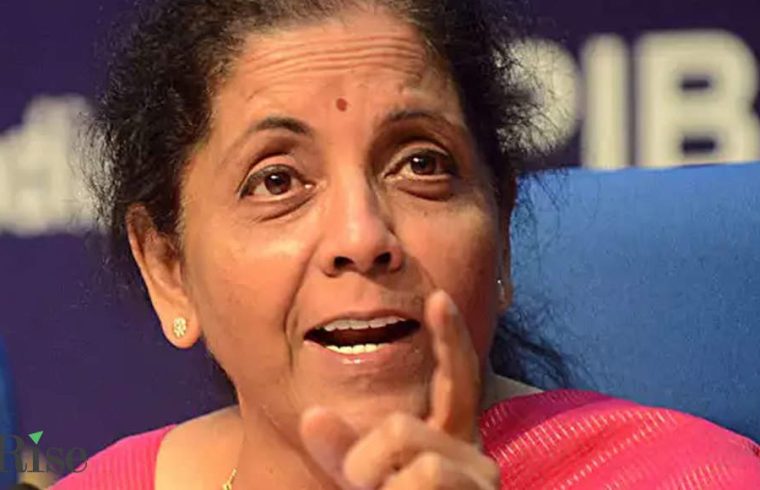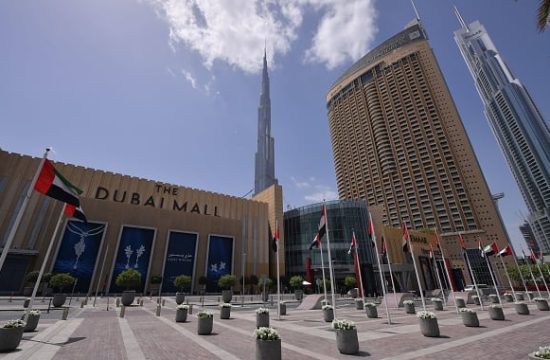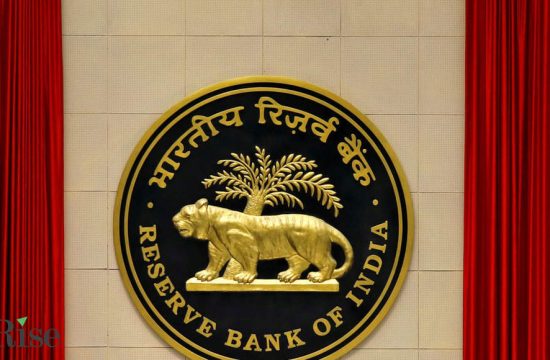
The Government on Thursday extended the Emergency Credit Liquidity Guarantee Scheme till March 31, 2021, a move that will be beneficial for millions of MSMEs in the country.
The scheme was initially supposed to end on October 30, 2020, but was subsequently extended by a month and was supposed to lapse on November 30.
In a press conference, Finance Minister Nirmala Sitharaman said a total amount of Rs 2.05 lakh crore has been sanctioned to 61 lakh borrowers, out of which Rs 1.52 lakh crore has been disbursed.
Eligible borrowers for the scheme include MSME units, business enterprises, individual loans for business purposes and MUDRA borrowers.
Announced as part of the Atma Nirbhar Baharat package in May to support micro, small and medium enterprises, the scheme provided fully guaranteed and collateral-free loans for amounts up to 20% of outstanding loans as of February 29.
The scheme was later expanded to include all business enterprises, individuals seeking credit for business purposes and MUDRA borrowers.
Borrowers with outstanding credit up to Rs 50 crore as on February 29 and with an annual turnover of Rs 250 crore are eligible for loans under the scheme.
Support for stressed sectors
Sitharaman also announced the launch of a guarantee credit for supporting stressed sectors. To be utilized for 100% guarantee collateral free additional credit at capped interest rates to:
- Entities in 26 stressed sectors identified by Kamath Committee plus health care sector with credit outstanding of above Rs 50 crore and up to Rs 500 crore as on 29.02.2020.
- Entities with outstanding up to Rs 50 crore previously covered under the existing scheme.
- No upper ceiling on annual turnover.
- Entities to be up to 30 days past due (SMA 0) as on 29.02.2020.
- Additional credit up to 20% of outstanding as on 29.02.2020.
Tenor of additional credit under ECLGS 2.0 to be 5 years, including a one year moratorium on principal repayment and the scheme will be available till 31.03.2021.
ECLGS 2.0 will provide much needed relief to stressed sectors by helping entities sustain employment and meet liabilities. It is also expected to benefit the MSME sector which provides goods and services to eligible entities.
Stressed sectors include power, construction, iron and steel, roads, real estate, wholesale trading, textiles, consumer durables, aviation, logistics, hotels, restaurants and tourism, mining.










